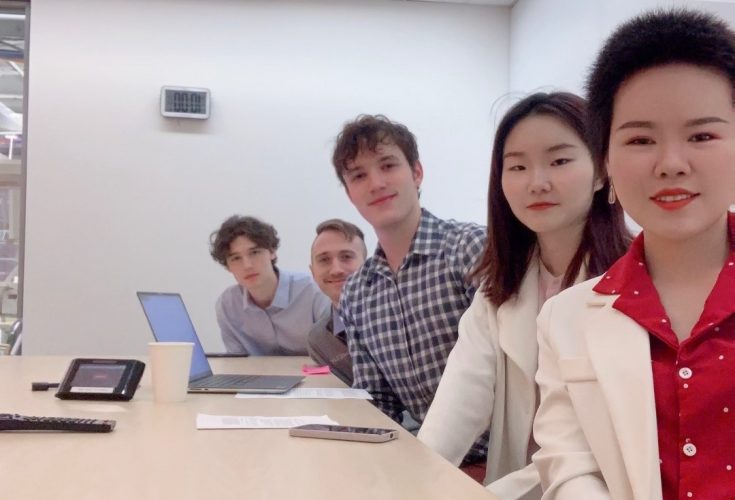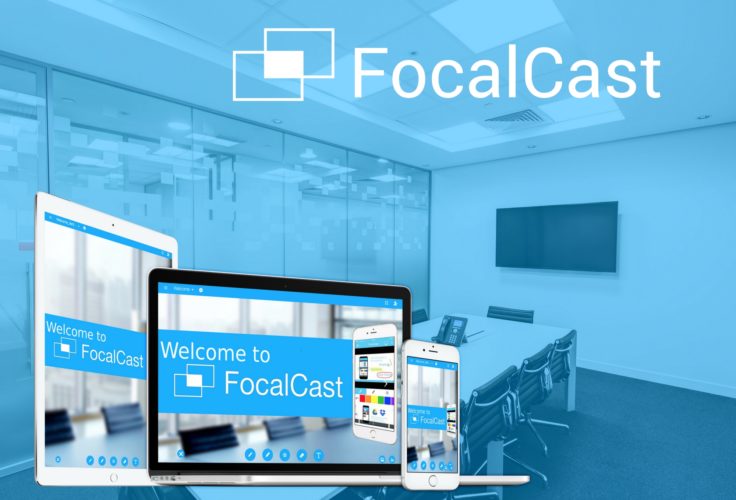Pictured above is the CELect Carma team just before presenting final project findings to Carma’s CEO and his advisors. From left: Julian Tornusciolo, BSBA 2024; Jay Harrington, JD 2023; Eric Arlen, BUCS 2024; Willow Xiong, MSBA 2023; and Miao Li, MBA 2024.
As part of CELect St. Louis, a group of five students had the exciting opportunity to work with the local startup Carma, a platform aiming to connect vehicle owners with high-quality, affordable repair shops. The students had the opportunity to directly communicate with a founder and CEO. The program diversity within the team provided a variety in skill sets and exposed group members to new perspectives. Students ranged from car enthusiasts to low automotive knowledge, but all members were excited by the prospect of a platform that could make repairs more convenient and efficient.
The team was tasked with identifying top prospect repair shops to add to the platform within the St. Louis area. The process was particularly data-intensive, as they were responsible for finding software to identify St. Louis shops, ranking the viability of each shop and obtaining pricing information for the highest-ranking shops. Each step provided members with the chance to develop important skills including research, data analysis, organizational and communication skills.
The team was able to resourcefully combine software programs to compile a comprehensive list of all of the shops in St. Louis. They utilized free library access to paid software to avoid raising costs for Carma. The process was fairly labor intensive, as the team manually combined the data from multiple programs using excel.
Ranking each shop challenged the group’s Excel skills. The team communicated with Carma’s founder to define important characteristics of prospect shops. They then created statistical models and used Excel formulas to slowly eliminate shops with undesirable traits. After a series of eliminations, the group was able to compile an Excel document with the most promising shops in St. Louis.
They then began a series of phone calls to gather pricing information for each of the top shops. This allowed members to learn how to efficiently communicate over the phone. Initially, they struggled to bypass repair shop employees’ suspicions, but they adapted their scripts and finalized their Excel sheet with top prospects and their prices.
Presenting their findings to Carma’s founder proved to be an invaluable experience as the team received feedback and gained an understanding of the value of their work. The final Excel sheet provided Carma with important data for their next step of expansion and the team’s overarching process allowed Carma to better understand how to repeat and improve the data-gathering process in future markets. The clear positive impact of the team’s work was a truly gratifying reward for each member’s efforts.







